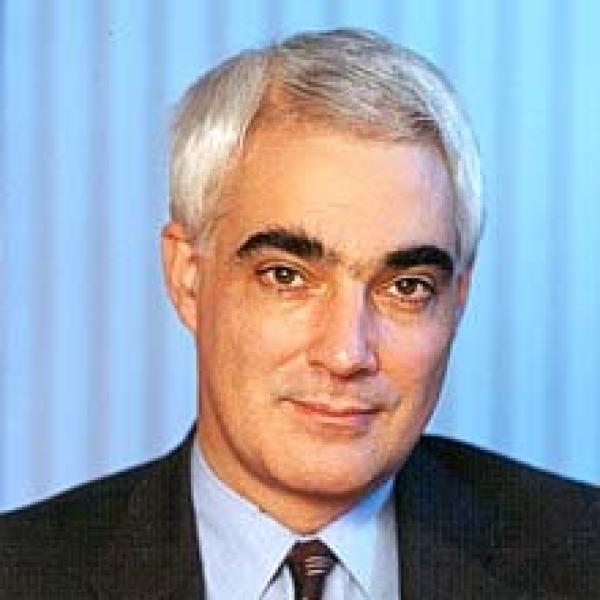Big increases in food and energy prices mean that poorer households have experienced larger increases in their living costs than have richer households. If one were to take account of differential inflation since 2010-11 the numbers of people recorded in "absolute poverty" would have been about 300,000 higher in 2013-14 than official numbers imply and the increase in “relative poverty” at the start of the recession would have been greater. These are some of the main findings of a new report funded and published by the Joseph Rowntree Foundation (JRF) and written by researchers at the Institute for Fiscal Studies (IFS).
Authors

Associate Director
Peter joined in 2009. He has published several papers on the microeconomics of household spending and labour supply decisions over the life-cycle.

Research Fellow University of Oxford
Abi's research sits within Applied Microeconomics, often focused on the econometrics of consumer and family choice.
Press Release details
- Publisher
- IFS
More from IFS
Understand this issue

IFS Deputy Director Carl Emmerson made a Fellow of the Academy of Social Sciences
4 March 2024

Statement on Alistair Darling's passing
4 December 2023

IFS contributor Claudia Goldin wins Nobel Prize in economics
9 October 2023
Policy analysis

4.2 million working-age people now claiming health-related benefits, could rise by 30% by the end of the decade
19 April 2024

Sure Start greatly improved disadvantaged children’s GCSE results
9 April 2024

Gap between higher- and lower-paid public sector workers falls by more than a third since 2007 as doctors and experienced teachers have faced unprecedented pay cuts
26 March 2024
Academic research

Itay Saporta Eksten visits IFS
31 January 2024

IFS co-organises Paris-London Public Economics Conference 2023
24 November 2023

Imran Rasul elected as EEA Vice-President
21 November 2023